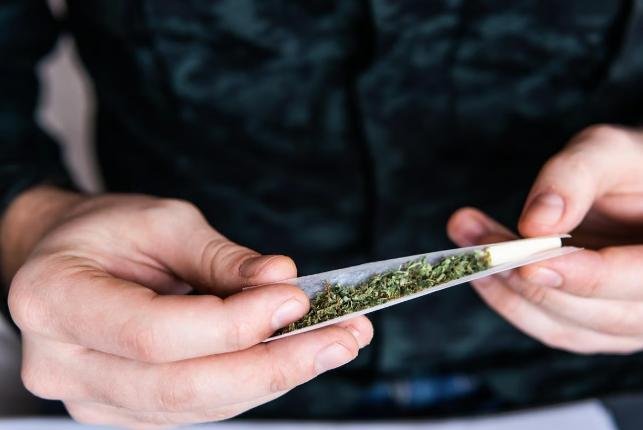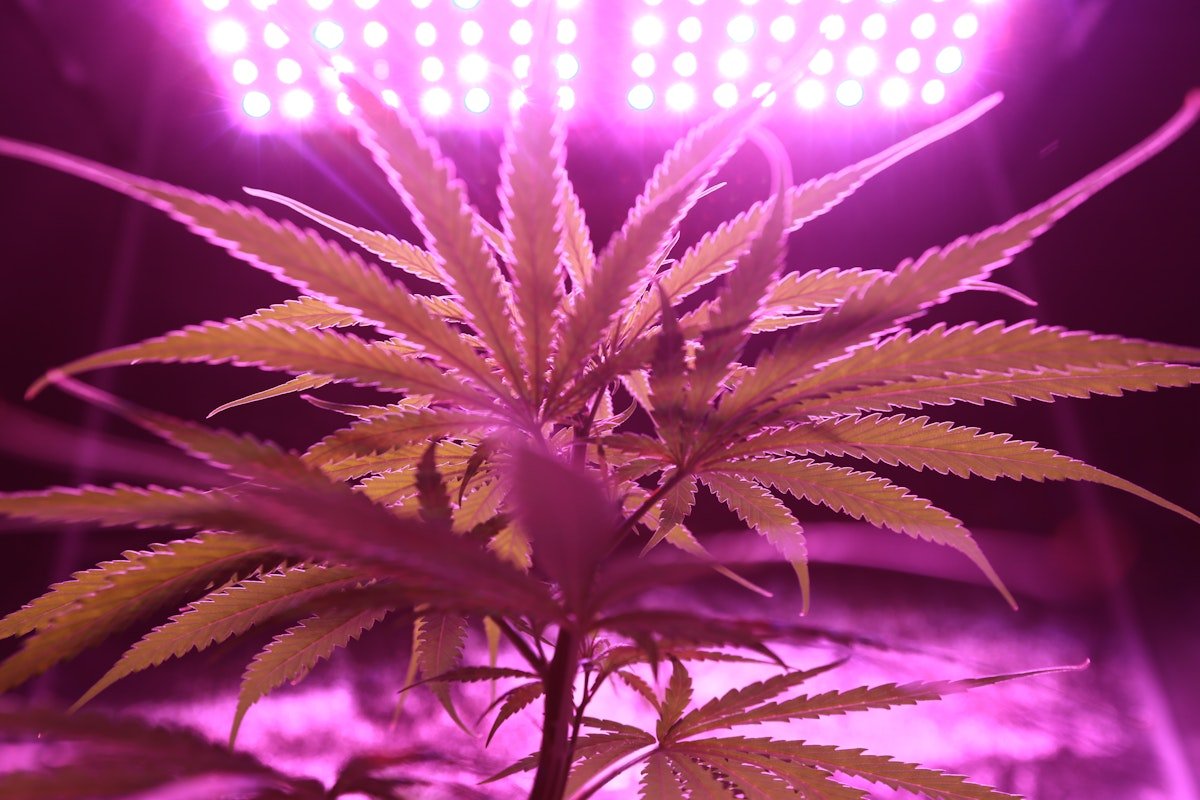A recent large-scale study conducted by the Minnesota Office of Cannabis Management reveals that 40% of patients with obstructive sleep apnea (OSA) enrolled in the state’s medical cannabis program reported notable improvements in their sleep quality after using cannabis products. Researchers analyzed data from 3,102 first-time patients diagnosed with OSA. Their findings indicate that these patients experienced significant enhancements in sleep within four months of initiating cannabis treatment, with many maintaining these improvements for an additional four months.
Of those patients who reported moderate to severe fatigue upon enrollment, over half noted a reduction in their symptoms after beginning cannabis therapy. Grace Christensen, a senior researcher at the Office of Cannabis Management, stated, “These numbers show meaningful changes in disturbed sleep and fatigue for patients after starting medical cannabis.” This is particularly important as OSA can adversely affect both mental and physical health.
In addition to sleep improvements, over one-third of patients who reported symptoms of depression or anxiety noted mental health benefits following their cannabis treatment. This study stands out as the largest ever examining cannabis use among individuals with obstructive sleep apnea.
Previous clinical trials have shown that oral THC (dronabinol) can alleviate symptoms in sleep apnea patients. Other studies have also linked cannabis use to better outcomes for individuals suffering from insomnia. A 2022 publication in the Journal of Cannabis Research found that more than half of adults using cannabis for self-medication were doing so to manage sleep disturbances.
Paul Armentano, Deputy Director of the National Organization for the Reform of Marijuana Laws (NORML), commented on the findings, stating, “Consumers have long utilized cannabis as a sleep aid, and these new data substantiate their experiences.” He praised Minnesota’s medical cannabis program for not only providing regulated cannabis products but also for gathering and disseminating valuable data that can inform regulators, policymakers, physicians, and patients.
It is estimated that over 26% of adults aged 30 to 70 in the United States suffer from sleep apnea, though many remain unaware of their condition. Sleep apnea is a chronic illness associated with increased risks of high blood pressure, heart disease, Type 2 diabetes, stroke, and depression.
In 2018, Minnesota regulators added obstructive sleep apnea as a qualifying condition for the medical cannabis program. Prior studies of patients in Minnesota’s medical cannabis registry have indicated that those dealing with chronic pain and post-traumatic stress disorder also experience significant symptom relief following cannabis therapy.
The full study, titled “Obstructive Sleep Apnea Patients in the Minnesota Medical Cannabis Program,” is accessible through the Minnesota Office of Cannabis Management. Additional resources regarding cannabis and its effects on sleep apnea can be found in NORML’s publication, Clinical Applications For Cannabis & Cannabinoids.




